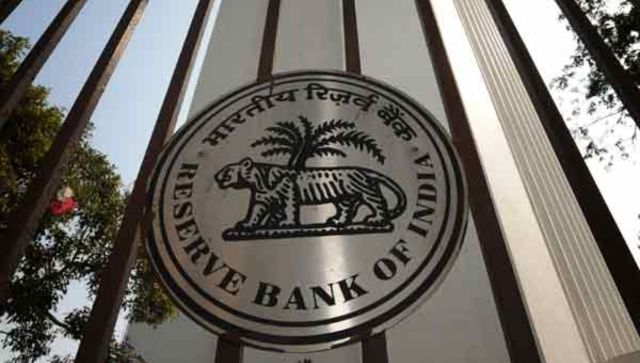The Reserve Bank of India (RBI) launched a scheme to provide a simple and effective way for customers of various financial services to resolve their complaints. The scheme is called The Reserve Bank - Integrated Ombudsman Scheme, 2021. It was inaugurated by Prime Minister Narendra Modi on 12 November, 2021. Here are 10 things you need to know about this scheme: 1. The Scheme integrates the existing three Ombudsman schemes of RBI namely, (i) the Banking Ombudsman Scheme, 2006; (ii) the Ombudsman Scheme for Non-Banking Financial Companies, 2018; and (iii) the Ombudsman Scheme for Digital Transactions, 2019. This means that customers do not have to worry about which scheme to file their complaint under, as the Scheme covers all types of financial services regulated by RBI. 2. The Scheme covers a wide range of regulated entities, such as all commercial banks, Non-Banking Financial Companies (NBFCs), Payment System Participants, most Primary (Urban) Cooperative Banks, and Credit Information Companies. This means that customers can file complaints against any of these entities if they are dissatisfied with their services. 3. Customers can file complaints for any reason that amounts to deficiency in service, such as delay, non-payment, overcharging, mis-selling, fraud, etc, unless it falls under the exclusions listed in the Scheme. 4. The Scheme adopts ‘One Nation One Ombudsman’ approach, which means that customers can file complaints from anywhere in India and they will be handled by the nearest ombudsman office. 5. Customers do not have to pay any fee or charges for filing or pursuing their complaints under the Scheme. The ombudsman will also not charge any fee or expenses from the regulated entities for handling the complaints. 6. The regulated entities are required to resolve or reply to the complaints within a period of 30 days from the date of receipt of complaint. If they fail to do so or if the customer is not satisfied with their response, the customer can approach the ombudsman within one year from the date of receipt of reply or expiry of the 30 days period. The ombudsman will try to resolve the complaint through mediation within 30 days from the date of receipt of complaint. If mediation fails, the ombudsman will pass an award or reject the complaint within 90 days from the date of receipt of complaint. 7. The ombudsman can award compensation up to Rs 20 lakh for loss suffered by the customer due to deficiency in service and up to Rs 1 lakh for mental agony and harassment caused by the regulated entity. 8. If either party is aggrieved by the decision of the ombudsman, they can file an appeal within 30 days from the date of receipt of the award or rejection letter to the Appellate Authority. 9. If the regulated entity fails to comply with the award or rejection letter of the ombudsman within 30 days from the date of receipt, the ombudsman can impose a penalty of Rs 1 lakh per day, subject to a maximum of Rs 1 crore, on the regulated entity. The penalty will be credited to the Customer Education and Protection Fund of RBI. 10. Customers can file complaints online on https://cms.rbi.org.in. They can also track the status of their complaints and view the details of the ombudsman offices on the website. With inputs from agencies Read all the Latest News , Trending News , Cricket News , Bollywood News , India News and Entertainment News here. Follow us on Facebook, Twitter and Instagram.
The scheme aims to provide a simple and effective way for customers of various financial services to resolve their complaints. It was launched by Prime Minister Narendra Modi on 12 November, 2021
Advertisement
End of Article


)

)
)
)
)
)
)
)
)



